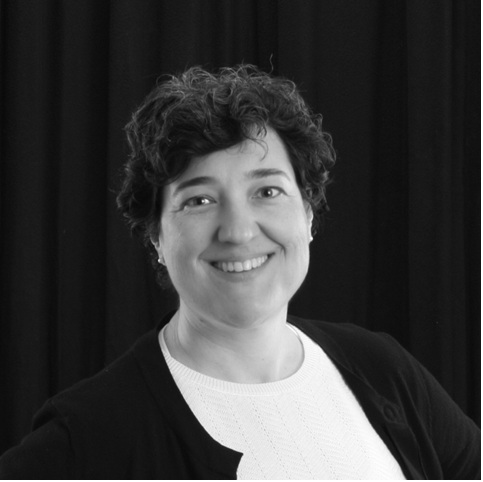Creating Professional Development Opportunities for a Diverse Public Health Workforce
Program
Highlights

PHI’s Tracing Health program provides contact tracing and resource support services, and offers professional development opportunities for its staff members so they can pursue careers in healthcare. In 2021, four Tracing Health staff were admitted to the Keck Graduate Institute’s Master of Science in Community Medicine program, two of whom were awarded L.A. Care Scholarships to the program.
670+ staff hired and trained by Tracing Health
93% of Tracing Health staff are bi- or multi-lingual
52 languages spoken by Tracing Health staff members
-
Focus Areas
Capacity Building & Leadership, Communicable Disease Prevention -
Issues
Workforce Development -
Strategic Initiatives
COVID-19
Tracing Health launched in 2020 as a COVID-19 response initiative and strategic partnership program of the Public Health Institute, Kaiser Permanente and the Oregon Public Health Institute. In addition to providing contact tracing and resource support services, Tracing Health provides career development opportunities for its staff members so they can pursue careers in healthcare. By building a more diverse healthcare workforce, the program aims to help interrupt systemic racism in healthcare delivery and create better care and outcomes for communities of color.
One way Tracing Health is advancing health equity is by prioritizing hiring from within the communities served, to build trust and deepen their impact. From early in the pandemic through mid-2021, Tracing Health had hired more than 670 staff members — 93% were bilingual or multilingual, representing 52 languages.
Tracing Health provides 120 hours of training to new staff, and other opportunities for professional advancement are available to staff through our partners. For example, in 2021 four Tracing Health staff earned admission to the Keck Graduate Institute’s Master of Science in Community Medicine (MSCM) program. Data Analyst Karina Quiroz and Community Care Specialist Vadim Gaynaliy won L.A. Care Scholarships to the MSCM program, while Community Outreach Specialist Peyton Nguyen and Contact Tracer Rachael Nevin were accepted for early admission to the program.
The MSCM program prepares students as skilled community medicine practitioners to work in the safety net community clinics, federally qualified health centers, public health departments, healthcare systems, and nonprofit and non-governmental organizations. The program prepares leaders and practitioners who work in underserved and underrepresented communities to decrease demand for medical care services by improving health and preventing disease and illness.

Through Tracing Health, our staff has already been providing critical health information as trusted messengers within their communities. Thanks to KGI, they are now on the path to advanced degrees and long-term public health careers. That’s always been a part of Tracing Health’s philosophy because we know that we can foster better health outcomes when our workforce is as diverse as the communities we serve.Dr. Marta Induni, Tracing Health Program Director.
See a video below with Tracing Health Community Care Specialist Vadim Gaynaliy describing working in his community as a Russian-speaking contact tracer.
Learn more on the Tracing Health website.
Work With Us
You change the world. We do the rest. Explore fiscal sponsorship at PHI.
Support Us
Together, we can accelerate our response to public health’s most critical issues.
Find Employment
Begin your career at the Public Health Institute.

